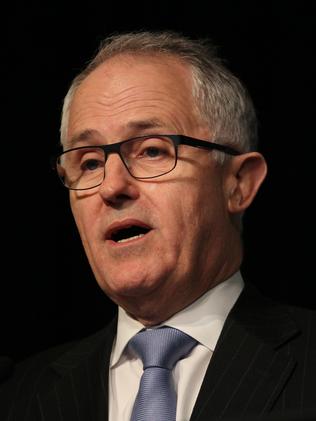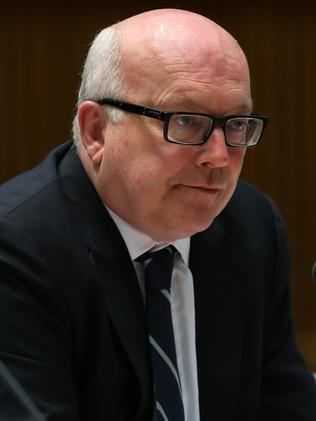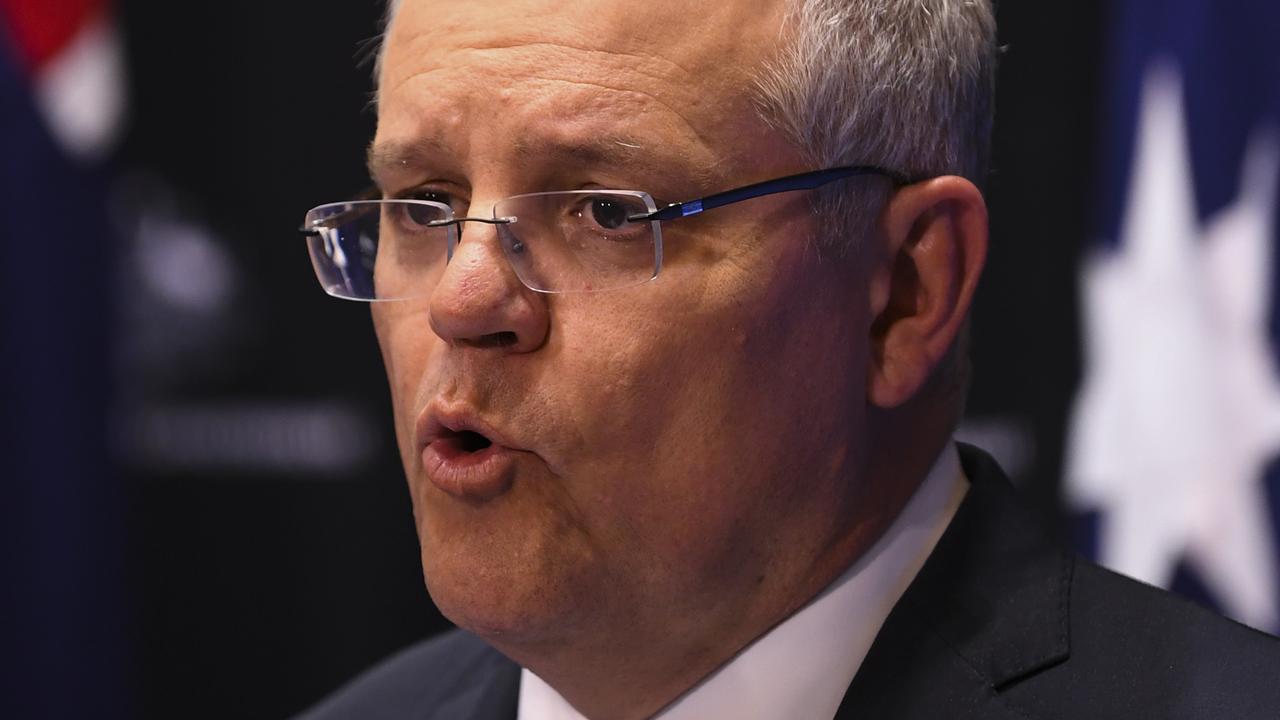Federal government proposes cracking down on internet piracy
INTERNET service providers could be ordered by Australian courts to block access to websites which allow users to illegally download material.

INTERNET service providers could be ordered by Australian courts to block access to websites which allow users to illegally download material under a federal government plan to crack down on the scourge of internet piracy.
A discussion paper released yesterday by the Abbott government warns internet piracy is putting at risk Australia’s $90 billion copyright industries and the jobs of the 900,000 people they employ.
The paper proposes overhauling the Copyright Act to enable rights holders to request the courts order internet service providers such as Telstra, iiNet and Optus to block access to internet sites that operate outside Australia and whose main function is to enable copyright infringements.
Australians have been revealed to be big offenders when it comes to internet piracy, gaining notoriety for leading the world illegally downloading of episodes of the HBO hit series Game of Thrones.
JOSH THOMAS: It’s really easy not to illegally download my show
GEORGE MILLER: Internet pirates will kill cinema
GAME OF THRONES: Winter is coming for pirates
The federal government’s proposed changes would demand service providers take “reasonable steps” to stop their users breaching copyright laws.
They would also extend “safe harbour” provisions to universities and search engines, providing they help stop illegal piracy by taking measures such as terminating the accounts of repeat offenders.


In a joint statement, Attorney-General George Brandis and Communications Minister Malcolm Turnbull stressed everyone had a role to play stopping illegal downloads.
“Rights holders need to ensure that content can be accessed easily and at a reasonable price. Internet service providers can take reasonable steps to ensure their systems are not used to infringe copyright. Consumers can do the right thing and access content lawfully,” they said.
The Abbott government’s proposals would diminish the impact of the High Court’s decision in Roadshow Films Pty Ltd & Ors v iiNet Ltd, which found iiNet was not liable for authorising the copyright infringements of its subscribers, and that there were no reasonable steps it could have taken to reduce the infringements.
The discussion paper asks the industry to come to an agreement on what “reasonable steps” it could take to prevent internet piracy, warning government would “have the power to prescribe measures” if no satisfactory arrangements were developed.
Village Roadshow co-chairman and co-chief executive Graham Burke said the proposals set out in the discussion paper were necessary if Australia is to “combat the piracy epidemic we face.”
“Internet piracy in Australia has grown to unprecedented levels and with download speeds increasing, Australia is on the precipice of losing valuable taxpaying industry and community businesses,” he said.
Mr Burke said the courts prevented people accessing websites such as The Pirate Bay in the United Kingdom and many other European countries, and there was no reason why the same could not be done here.
The Communications Alliance, which represents the country’s internet service providers, welcomed the release of the paper, saying its members were willing to work toward a solution that balanced the interests of all parties, including consumers.
The Alliance’s chief executive John Stanton said any solution must also look at driving innovation in the digital content market, but he said any move by government to change the Copyright Act should only occur after an industry-designed scheme is agreed upon.
News Corp Australia, which has a vested interest in the reforms, welcomed the release of the discussion paper, warning copyright infringements were hurting Australia’s creative community.
“We support the Government’s overall approach as it’s pro-jobs, investment and Australian creativity,” a News Corp Australia spokesman said.
“The Government paper flags taking the kind of reasonable approach that is having a positive effect in other countries,” he said.
Telecommunications giant Telstra said it did not condone online copyright infringement, and any response to the issue must balance the interest of all stakeholders, including service providers and consumers.
“It should also encourage innovation in the content market and not impede the access of Australians to the legitimate services they want and enjoy on the internet,” a Telstra spokeswoman said.
The government is requesting feedback on the discussion paper by September 1.



